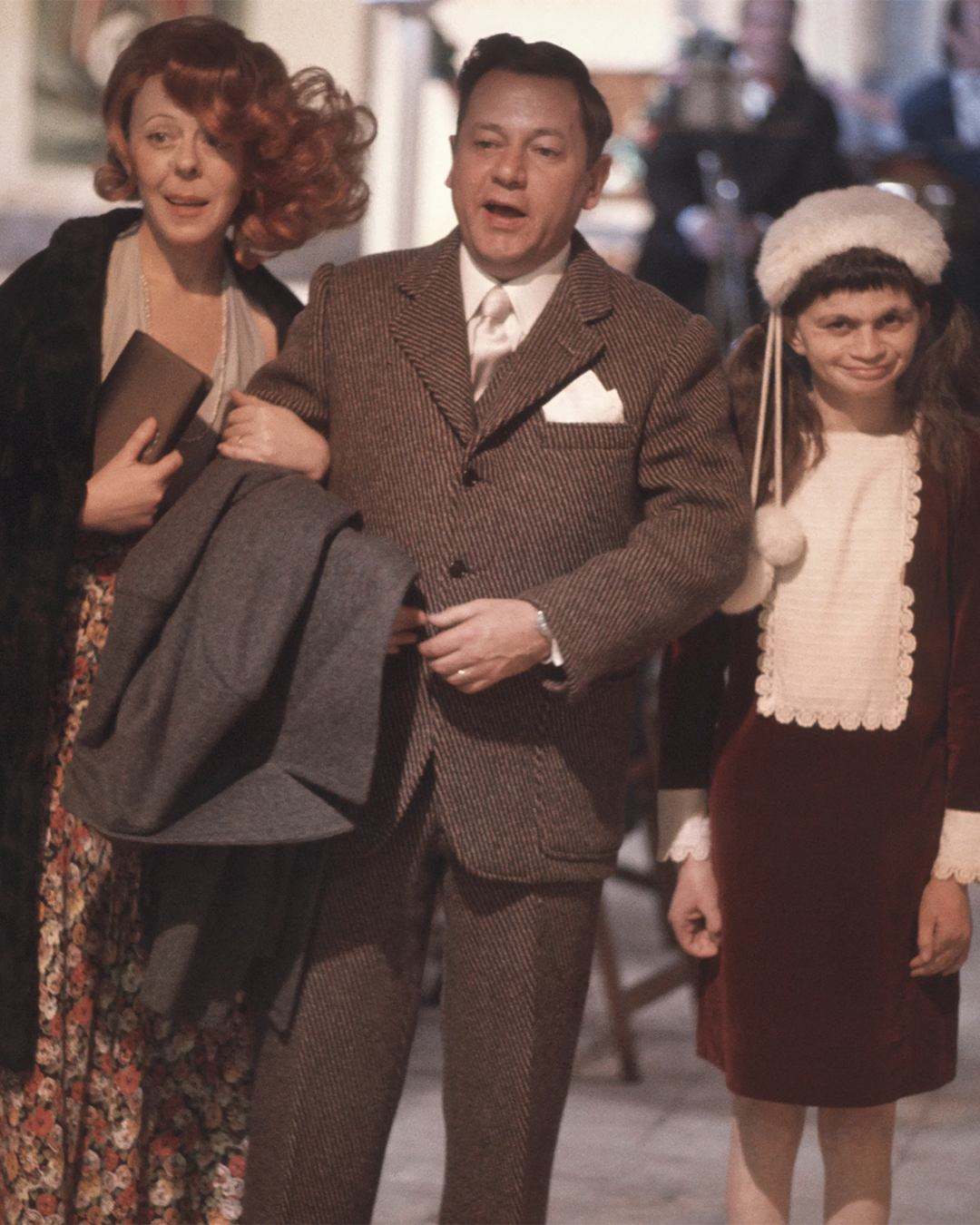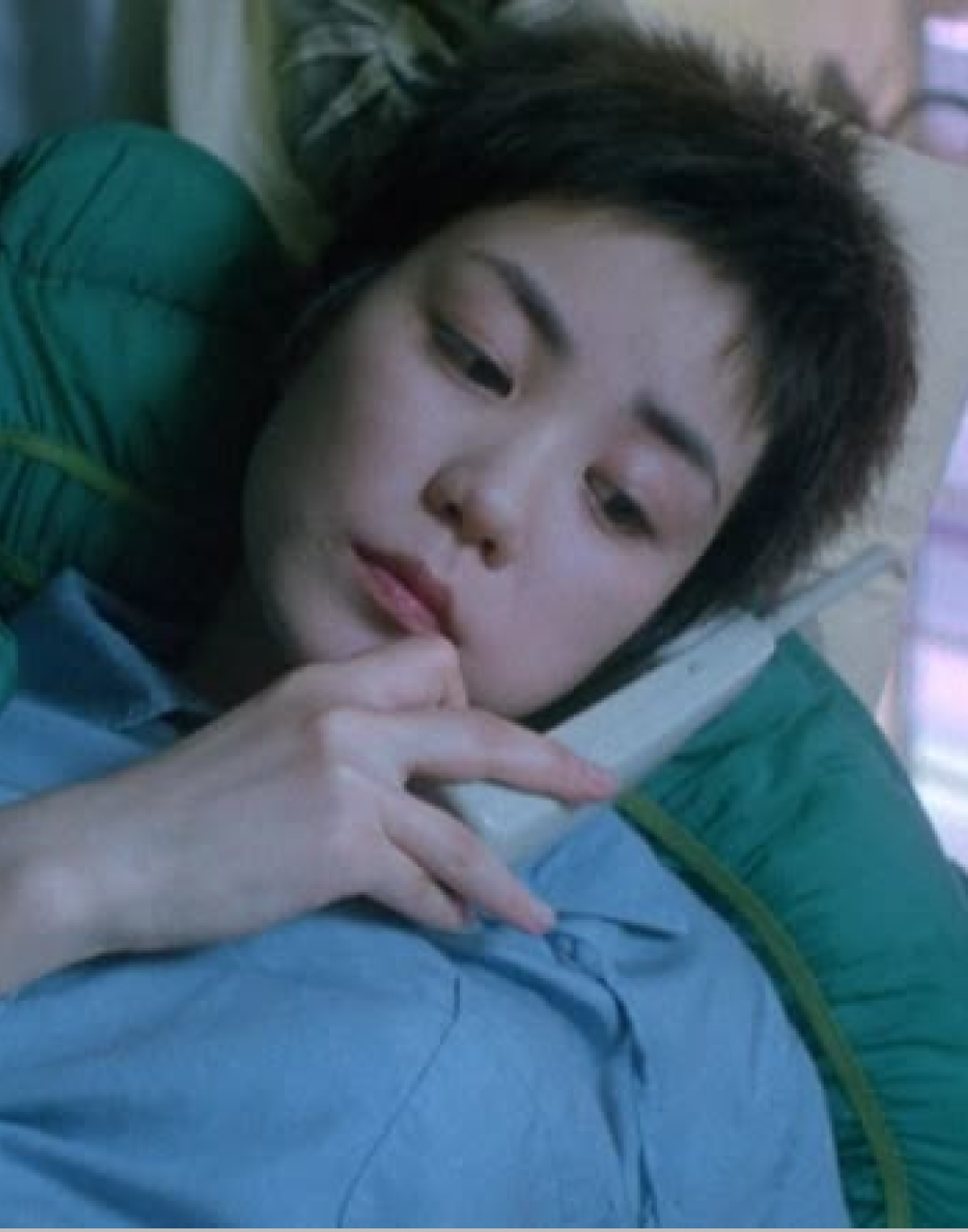
Is Gen Z really still interested in fashion week? Luxury and awareness, the fashion dilemma of the new generation
The highly anticipated Paris Fashion Week is back this week, turning the City of Light into a true fashion spectacle. The streets of Paris are now bustling with models, influencers, and bold street style enthusiasts, all hoping to catch the eye of photographers. The excitement surrounding this prestigious event remains undeniable, drawing celebrities from around the world who never miss the most awaited runway shows. But what about Generation Z? Do they truly care about haute couture shows in a world where trends are fleeting and commitment to traditional fashion is constantly questioned? Those born between 1997 and 2012 exhibit a dual identity, fluctuating between activism and carefree enjoyment. On one hand, they are deeply influenced by the political and social issues of their time, pushing them to actively stand by their convictions. On the other hand, aware of an uncertain future, they cultivate an intense desire to live in the moment, willingly spending on experiences and immediate pleasures.
In the book Generation Z and Luxury, Éric Briones, General Director of Journal du Luxe, explains that « Gen Z is a crisis generation, both financially and environmentally ». He continues: « They have a minimal connection with the concept of the future as they carry a deep sense of urgency. They unapologetically embrace hedonism and seek affiliation with brands that reflect their values. » Additionally, Generation Z enters the luxury market as early as age 15, three years earlier than Millennials, who typically entered at 18, according to a Bain & Company study. This early access signifies a different relationship with luxury, shaped by social media and a more immersive, instant consumption culture. However, it is important to note that Generation Z is more sensitive to sustainability and ethics in fashion. Fashion Week, often criticized for its environmental impact and lack of diversity, sometimes sparks debates among these young consumers. Many of them are more drawn to brands committed to eco-friendly and inclusive practices rather than traditional luxury houses.
Emerging designers championing upcycling (reusing clothes to create new ones) or advocating strong social values generate greater interest among this generation. To capture the attention of the youngest Millennials, who make up 12% of France’s population, brands must continuously adapt their communication on social media. According to Éric Briones, Miu Miu excels in this area. « The way they use TikTok is a true masterclass. They produce high-quality content, alternating between experimental films and product-focused videos where the brand ambassadors are not the central focus. This summer, they organized feminist book clubs in eight cities, including Shanghai. Miu Miu’s approach is much more inclusive, a crucial aspect for Gen Z. » he explains in an article for Harper’s Bazaar. Let's not forget that the Italian brand was ranked number one in the Lyst Index last year. So yes, Gen Z is interested in fashion weeks—but with a different, even demanding perspective that forces luxury houses to constantly rethink their social media communication, blending politics, inclusion, and virality.














































